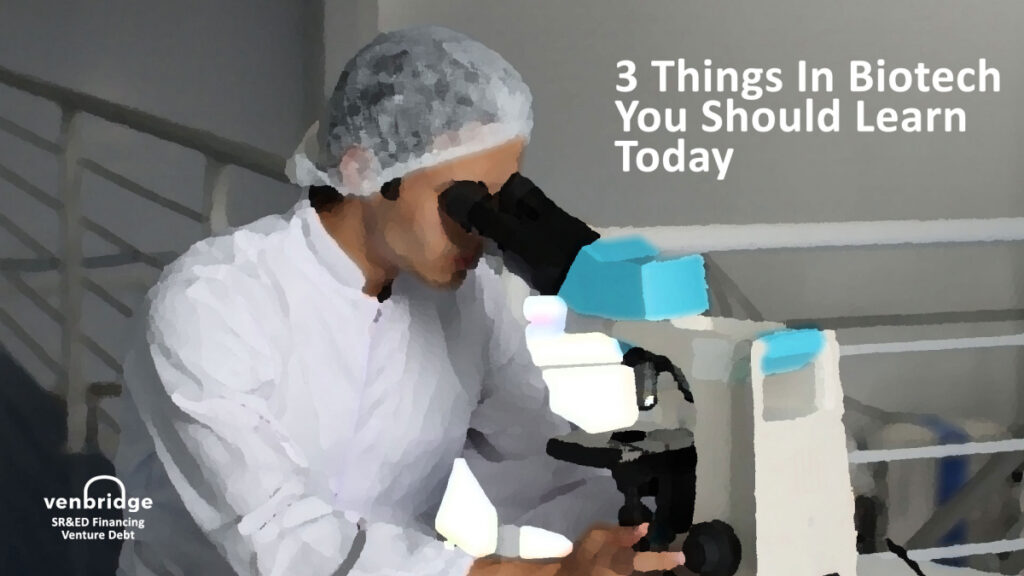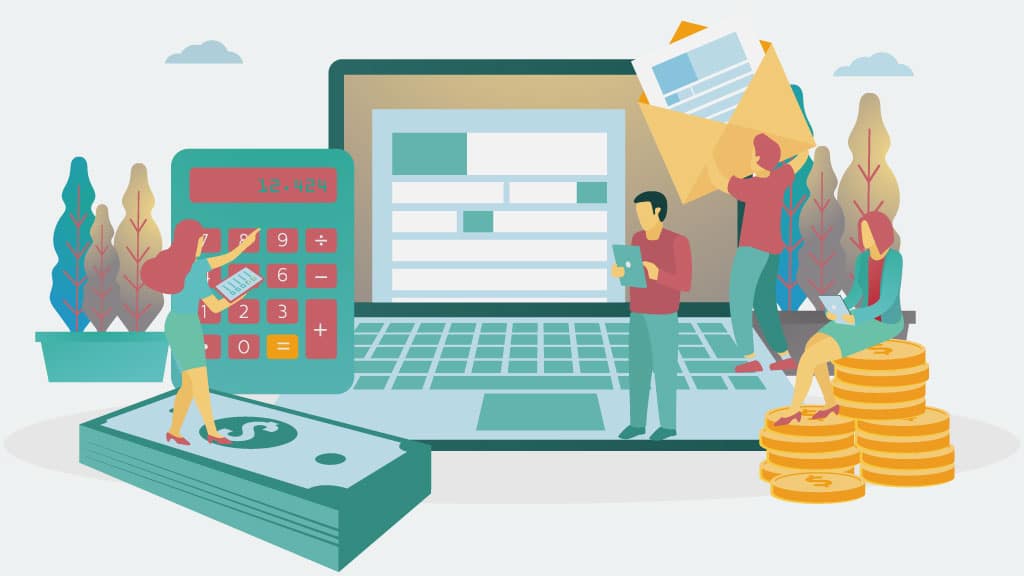3 Things In Biotech You Should Learn Today
What Is Biotechnology?
If you follow the stock market, then you probably already know that ‘biotech’ stocks are on the rise. Biotechnology is a big buzzword these days across diverse fields such as industrial manufacturing, plant and animal agricultural sectors, medicine, fertility, and pharmaceutical therapies. The term’s ubiquity might lead you to ask, what actually is ‘biotech?’
In the broadest sense, biotech is an umbrella term that catches a wide variety of practices that involve both natural biology and human-made technology – basically, any technology that aims to modify living organisms for human purposes is included. On a grand scale, intervention in otherwise more natural processes such as the domestication of animals and the cultivation of plants can be considered biotech.
More recently though, biotech tends to refer to research and development around what we can learn and extract from living organisms in order to improve things like agricultural industries, pharmaceutical sciences, genetic engineering, and cancer-treatment research. So if your business is altering or using biological materials of some kind in order to improve function, efficiency, etc., you just might be working under the umbrella of biotech.
Now that we know a bit more about the basics of biotech, what are three things to know about biotech today? Among the many exciting developments in biotechnology, you should know about the following three things happening in the areas of eco-plastics, organ transplants, and anti-aging products,
- From Waste Seafood to Green Biotech Plastics
As more and more developers and producers are emphasizing eco-friendliness as a central value to their businesses, plastic waste has been targeted as a key concern. About 8 million metric tons of plastic are tossed into the ocean each year. Much of this plastic is what we call ‘microplastics’ – extremely small pieces of broken-down plastic that often wind up in the bodies of fish that we in turn consume. In addition to plastic waste in the oceans, there is also a significant amount of waste seafood that is caught and discarded in the fishing industry – around 6 to 8 million tonnes according to the US Food and Agriculture Organization. Even so, it looks like there are reasons to be hopeful. It turns out that this waste seafood is rich in a natural biopolymer called chitin, which might just be the key to combat the environmental impact of plastic moving forward.
Recently, scientific researchers at the Georgia Institute of Technology have developed a new eco-friendly plastic made from this seafood waste. It’s a sprayable film that once dried, forms a clear, flexible, and robust material much like normal plastic. This new plastic is not only compostable, but it will also keep food fresher for longer than conventional forms of plastics used in the industry today because it allows less oxygen to permeate the material. The next step in development is to lower the cost of producing this eco-plastic in order to make it competitive on a larger scale. With our growing interest in more earth-friendly products and industry, it could be that the future of plastic packaging lies in biotechnology.
- Biotechnology and Artificial Organs
Liver disease is still a significant issue in the medical field today, with the demand for liver transplantation exceeding the donor supply. Vital Therapies (VTL) is a California-based biotech company founded in 2003 in the field of liver therapy. Its goal is to develop the first human liver cell-based system to provide care and support to patients with severe liver failure.
VTL has been conducting clinical trials to test the success of a bio-artificial liver called the ELAD System that could help with treatment and even liver regeneration. With millions of cases of liver dysfunction and liver failure a year around the world, this unique treatment system composed partially of plastic tubes might translate into a massive market opportunity on a global scale. Even though previous trials conducted by VTL have been halted prematurely or ended in failure, VTL has remained persistent and top-line data from the most recent clinical trials are expected soon. So if successful, VTL could stand as an example of the potentially massive impact of biotech products for the future treatment of organ dysfunction and failure.
- Managing, Repairing, and Preventing the Aging Process with Biotech
The number of people on the planet aged 65 and over is estimated to reach around 1 billion by 2030, which means about 12% of the global population. With access to the necessities of life, we can expect to live increasingly longer lives. This means that the likelihood of experiencing age-related disorders and chronic diseases such as Alzheimer’s, osteoarthritis, osteoporosis, and vision loss is growing too. Once again, biotechnology is a promising area of research and development to help address some of these problems.
With the growing focus on prevention instead of just treatment after the fact, pharmaceutical industries are now trending towards products that address particular diseases rather than generic anti-aging clinical products. Companies such as Unity Biotech and Oisín Biotechnologies are working on solutions that may target and eliminate senescent cells (cells that may cause inflammation and many age-related disorders such as osteoarthritis). These treatments could be instrumental in treating degenerative diseases, improving overall health and mobility, and prolonging life. Once the success and safety of things like senescent cell eliminators have been established, biotech companies in pharmaceuticals can look to wider applications in the anti-aging industry.
Visit venbridge.com for more details on non-dilutive venture debt, SR&ED Financing, and tax credit consulting services. Venbridge’s services allow you to maximize your government tax incentives, better manage cash flow, and invest more in the areas you need. If you’re a blockchain startup, give us a call and we can help you with your SR&ED filing!
Venbridge
+1–833- 386–3632




